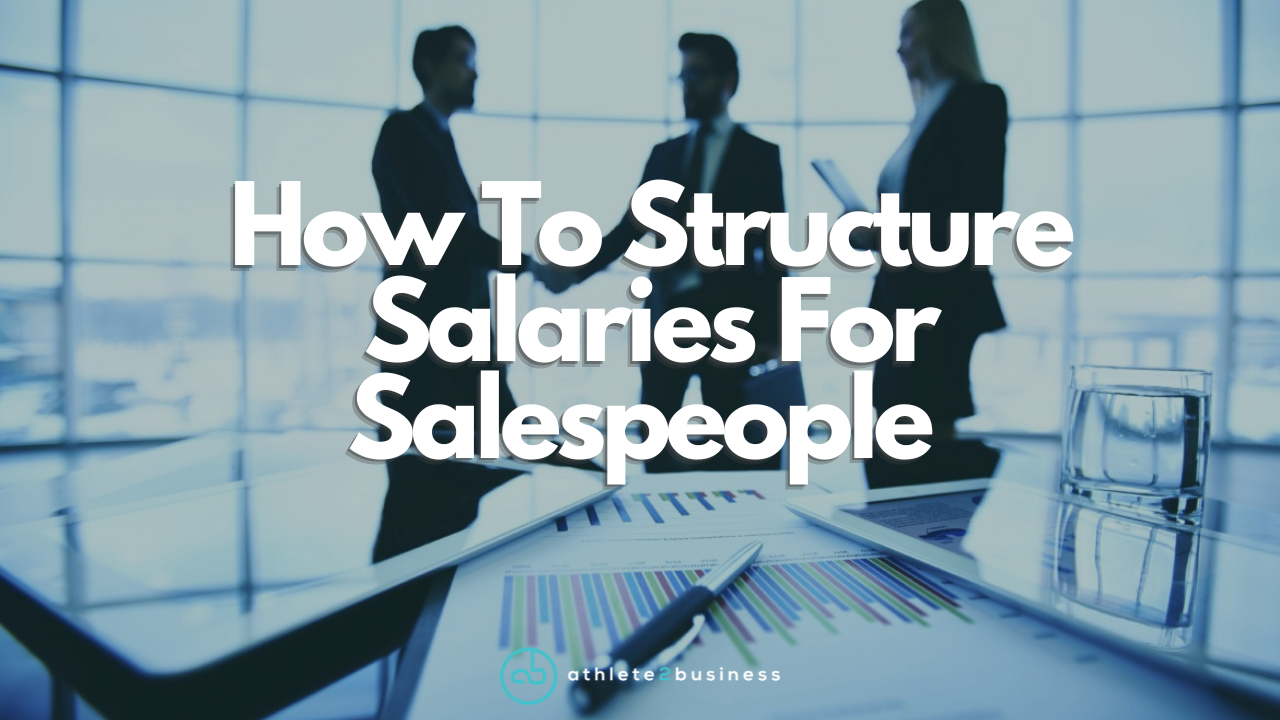Top 5 jobs for retired athletes
Top 5 jobs for retired athletes

Retiring from professional sports can be a daunting and confusing time. It can be especially hard if you’ve never really thought about a
career outside sport. You’re about to enter a whole new world, try to conquer new mountains…but probably have no idea what world you want to enter or what mountain to climb, so you feel overwhelmed and for the first time in a long time a little uncertain.
That’s OK, a lot of athletes feel this way. However, know that there are numerous opportunities for your post-sports career and variety of ways to stay challenged, fulfilled and ultimately successful.
To ease your mind and point you in the right directions, here are top 5 career choices to consider after retiring from professional sports:
(ex-athletes tend to enjoy, transition easier and succeed in these jobs. Business ownership or contracting is not considered, full time employment is. Sports commentating, coaching or ownership are not considered as it’s an obvious choice for those who have the luxury. Money is not the biggest factor, however it’s combined with fulfilment, enjoyment, success and ease of transition. Generally, qualifications or industry experience is not required in these jobs, however your experience as a pro athlete helps).
- Sales – A career in sales allows you to work autonomously, grow your salary fast and once you become really successful, set your own hours. One of the biggest aspects of sport you will miss is the adrenaline rush. Sales definitely fulfills this void – finding customers to purchase your product, presenting your pitch in front of large groups, winning and losing deals, receiving large sums of money as bonuses – at first it’s scary and daunting but as you step across the lines becomes exhilarating and exciting! To be successful in sales you must possess resilience, a competitive spirit, be fearless, set goals and chase targets plus be comfortable talking with people. As most athletes possess these attributes, hiring managers jump at the opportunity to hire an ex-athlete. If you goal is to one day run you own business or pursue an entrepreneurial venture, Sales is by far the most fitting career to prepare you for entrepreneurship – teaches you how to sell and network. Variations of sales include: Business Development Manager, Sales Rep, Account Manager, Relationship Manager, Account Director, Executive and Lead Generation.
- Business Administration – If you’d like to ease yourself into the business world and gain some experience before tackling roles with high expectations & pressure then an admin role is perfect. Whereas sales is mostly outgoing and being proactive, an administrator role is the opposite – dealing with incoming customer questions, answering the phone, data input, processing electronic files, following directions and supporting sales teams through drafting presentations or organising pitches. This is a perfect entry level role for someone who’d like to develop business acumen & awareness, observe how the office environment works and how to communicate in a business setting. Basically a warm up or stepping stone whilst you figure out what mountain to climb and what post-sport career to conquer. It’s a great way to learn basic business processes, gain experience and prepare yourself for the next big thing. Variations of administrative roles include: Administrator, client services, business support, sales support, receptionist, internal sales, customer support, coordinator, customer care officer and inside team sales rep.
- Community Development Officer – If you’d like to make a difference in your community and give back, this is a perfect role. Typically working for the local council, charity or non-forprofit organisation your role would be to organise community events within sports and recreation and education. Promoting healthy living and community engagement amongst different age groups, ethnicities, groups of socioeconomic status, gender and schools. Being proactive in community planning and development, this role is for those who want to influence other’s lives for the better and create a postive environment within their community. Being a former athlete, people in the community already look up to you and are more likely to pay attention and be influenced by your actions. Required skills are interpersonal communication, relationship building and influencing, strategic and creative thinking but ultimately commitment to community development and well-being. Variations of Community Development include: Community liaison officer, Community Support, Inclusions Officer, Community well-being Officer, Social Worker, Social Support, Mentorship, Boys and Girls Club Manager, Case Manager and Community Coordinator.
- Digital Communication – Being a pro athlete you’re often in the public eye, therefore a role model & influencer for a lot of people. Naturally, your social media following is large and you’re often engaged through your social networks ie: Insta, Facebook and Twitter. Most athletes are savvy enough to realise they can use their social followings to promote various brands that fit with their values and beliefs. As we live in a digital world, businesses invest heavily on savvy social media experts to run their social media sites and grow followers through engaging content, effective communication and interactive posts. Some hiring managers might require relevant university degrees, however your experience growing your own social media following can suffice. Examples of various digital communication roles include: Digital marketing Manager, Digital Marketing liaison, Digital Coordinator, Communication Director, Digital Communication Officer, Social Media Director, Online Marketing Manager and Digital Communication Officer.
- Head of Performance – Reaching the very highest pinnacle of sport is what every kid dreams of. The fact that you’ve done it makes you an expert on the process and path it takes to become a professional athlete. That is why pro athletes are perfect candidates to be in charge of junior development for various different sporting associations. For example, there are various junior basketball and soccer associations around Australia (some privately funded and some government funded) that all compete at a high levels in their cities. Each association has one person who is in charge of developing their junior athletes – retired pro athletes are the perfect mentors/coaches for these young athletes. Typically, these roles have a low financial ceiling, however they’re extremely fulfilling and it gives you an opportunity to give back to the sport. Example of other head of performer roles are: CEO of association xyz, Head of Development, Head of Junior Development, Elite Program Coordinator, Association Director, Director of performance & development and High Performance Director.
Other roles suitable for athletes: (these jobs require further education and qualifications)
- Fitness Coach – Requires helping people reach their optimal fitness, lose & gain weight or achieve fitness goals. Other titles include personal trainer, exercise coach and health and fitness liaison. Places like the Australian Institute of Fitness allow you to get quailified within 8 weeks.
- Dietician – Helping people reach their optimal health through food. Other titles include nutritionist and health coach. There are variety online courses that will help you get qualified.
- Teacher – Requires a 4 year university degree. Athletes are great mentors for the next generation. Being a teacher enables you to enrich other’s lives.
- Public Relations – You are responsible for the image of the company and how the public perceives the brand. Job duties include writing media articles, talking to the press (all to familiar for athletes) and giving public talks. Typically requires a marketing or communication degree.
- Recruitment Consultant – It’s exactly like being a sports agent but in the business world. Connecting people with businesses who require staff that meet their hiring needs. If you do well, your salary can be doubled and tripled in very little time. Typically doesn’t require qualifications but you need to be outgoing and entrepreneurial.
News





